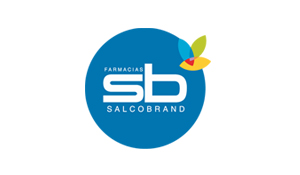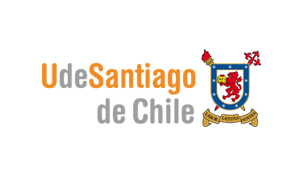These modern-day Jim that is sexual crows their stance as being a “preference,” just as if one’s race ended up being mutable or an option.
The less and less “whites only” appeared as more people — particularly white dudes who were the objects of this pointed attraction — started calling out these profiles for their blatant racism. Exactly the same for “No fats, no femmes, no Asians” (that has been around for years, migrating from paper individual advertisements inside their premium categorized listings). That’s not to imply there nevertheless aren’t individuals who, bafflingly, think it seems less prevalent these days that it’s OK to write that in a profile, but.
Nevertheless, terms just get to date. It is simple to espouse racial equality — to add a #BLM to your profile or call away racism in other people’s profiles — however it rings hollow in the event that you don’t really date folks of color, in the event that you don’t see them as entire individuals, as people with desires and desires and worries and insecurities, whom require to love and get loved exactly like you. My experience on these apps has said the contrary: that I’m not worth love. That we have always been maybe not desirable. That we have always been nothing unless a white guy really loves me personally. It’s what culture has taught me personally through news representations, or shortage thereof. It’s what the apps have actually instilled in me personally through my experiences and through the experiences of countless other people.
Wade and a University of Michigan teacher of wellness behavior and wellness training, Gary W. Harper, published a report greater than 2,000 young black colored homosexual and bisexual guys for which they create a scale to assess the impact of racialized sexual discrimination (RSD), or sexual racism, on the wellbeing.
Wade and Harper categorized their experiences into four areas: exclusion, rejection, degradation, and objectification that is erotic. Wade and Harper hypothesized that contact with these experiences may foment emotions of pity, humiliation, and inferiority, adversely impacting the self-esteem and overall emotional wellness of racial and cultural minorities.
In accordance with the research, while being refused on a person foundation by white guys didn’t have an important effect on wellbeing, the dating software environment itself — by which whiteness is “the hallmark of desirability” — led to raised prices of despair and negative self-worth. Race-based rejection from a fellow individual of color additionally elicited a especially painful reaction.
“RSD perpetrated by in-group users — people of the exact exact same competition — arrived up as being a point that is major our focus team conversations,” Wade said associated with the research. “Participants talked about just just exactly how being discriminated against by folks of their particular racial or group that is ethnic in an original means, so we wanted to account fully for that too whenever developing the scale.”
Intimate racism, then, is not just about planning to date males of other events or dealing with rejection it’s the culture not created by but exacerbated by these apps from them. Racism has always existed in the queer community — simply glance at the means pioneers like Marsha P. Johnson and Sylvia Rivera had been, until quite recently, pressed apart within the reputation for the motion for queer civil legal legal rights — but intimate racism has simply become another method to marginalize and reduce users of a currently marginalized team.
Exactly just just What, then, will be the solutions?
How do we fix racism? Or, at least, just how can we fix racism on these dating apps? Well, non-white gays could play in to the segregationist theory of the “whites only” profiles and migrate over to platforms that tend to focus on individuals of color (such as for example Jack’d) rather than Grindr — which includes other systemic dilemmas to deal with. Or we’re able to stop the apps altogether in a few kind of racial boycott, even though this pandemic has rendered these apps nearly needed for social connection, intimate or elsewhere. But that will undercut the truth that queer folks of color have actually just as much right to occupy area, electronic or perhaps, as their peers that are white.
More realistically, we, like in everybody who makes use of these apps IOS dating (and it is perhaps maybe perhaps not the worst), can continue steadily to push them to be much more comprehensive, to be much more socially aware, to engage folks of color at all amounts of their business, also to understand perhaps earlier than a decade in the future that having the ability to filter individuals by competition is inherently fucked up. But you ought to never ever put trust entirely in organizations to complete the thing that is right. It has to begin with the people: We have to push each other and ourselves to do better when it comes to dismantling racism anywhere.
I’ve had to interrogate my desires my whole life that is dating. Why am we drawn to this person? How come this person interested in me personally? Just exactly exactly What role does whiteness play during my attraction? Exactly just just exactly What part does my blackness play within their aversion or attraction? It’s the responsibility of my blackness, nonetheless it’s time for you to start sharing that fat. It is perhaps maybe not effortless work, nonetheless it has offered me personally the equipment i have to fight the development to which I’ve been exposed every one of these years. It’s a continuing battle, but there is however no “fixing” the racism on these apps whenever we don’t address the racism of those whom utilize it.














Comentarios recientes